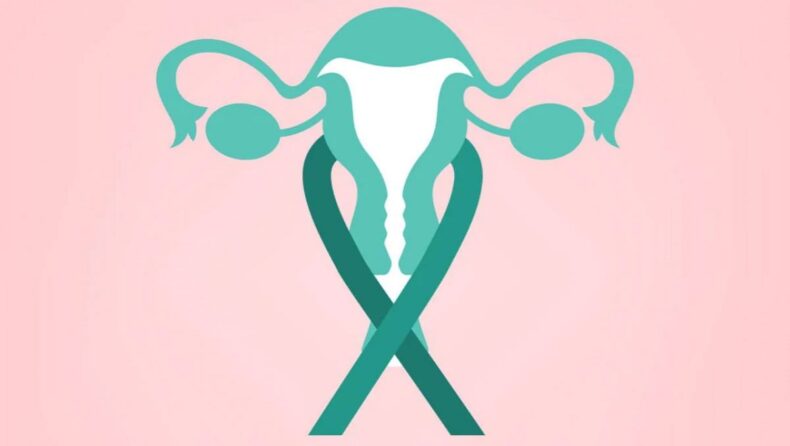Cervical cancer is one of the most cancers that women are diagnosed with in the world. January is celebrated as the Cervical cancer month; hence, read here to know everything about it.
Every year, India sees more than 1 lakh cases of Cervical cancer, making it a serious issue. Also, it is one of the most diagnosed cancers among women in India. Hence, it becomes essential for women to know what it is and what should women know about it.
What is Cervical Cancer?
Cervical cancer occurs in the cervix cells, the lowermost part of the uterus. In most cases of Cervical cases, a viral infection is known as human papillomavirus (HPV) majorly causes the infection. If one gets diagnosed with HPV infection, their immune system fights with it and restricts it to cause any harm to the body. However, in a few bodies, the infection can harm the body gradually, and the cervix cells turn into cancerous cells.
Essential points women must know
As discussed above, Cervical cancer is caused by HPV infection; however, contracting the virus to transform into cancer cells is a slow and gradual process. It takes about 15 to 20 years for Cervical cancer to develop.
Thus, this vast gap turns out to be beneficial for women as they can get themselves checked and know if they have contracted Cervical cancer. Therefore, it is suitable for women to get regular screening done to detect the infection at the earliest.
Mostly, women who are sexually active at some point in their life contract the virus, however, some see the symptoms, and some do not. There are about 100 strains of HPV viral infection; out of these, 14 strains are high-risk strains.
Another thing that women should know about Cervical cancer is its symptoms. Abnormal bleeding is a symptom of this kind of cancer. If one is bleeding excessively during periods, bleeding happens before the cycle, or if bleeding occurs after sexual intercourse, then one must get tested.
Another symptom is postmenopausal bleeding, which means that if you have attained menopause and still experience bleeding for around a year, then it is a symptom of Cervical cancer. Severe pain in the lower portion of the back and vaginal discharge with an Oduor are also symptoms of Cervical cancer.
Other than this, women should also know of a vaccine for preventing Cervical cancer. It is called the HPV vaccine. It is ideal if a woman gets jabbed between 9 to 14 years of age, i.e., before the onset of sexual activity.
A person who receives the vaccination done at this age gets two doses in a gap of six months. You can also get the HPV vaccine after 14 years up to 45 years; however, in that case, taking three doses of the vaccine is recommended.
Every woman should still get screened for HPV infection as the vaccination isn’t 100% effective, and it is a good idea to detect cancer at an early stage.
As mentioned above, a screening is done to detect the viral infection. The screening is known as Pam Smear and sees any cancerous cells in the cervix. A metal or plastic instrument is inserted into the vagina during the screening, and it takes out certain cells from the cervix for examination.
The procedure is a little painful, and one may feel uncomfortable during the screening. Every woman between the ages of 21 and 65 must get tested for the viral infection with a gap of 3 years.
Also, women must be careful and safe during sexual intercourse, use condoms, maintain hygiene, and maintain sexual contact with fewer partners. This would help them in reducing the risk of contracting Cervical cancer.
Published By – Vanshu Mehra
Edited By – Mahi Gupta













